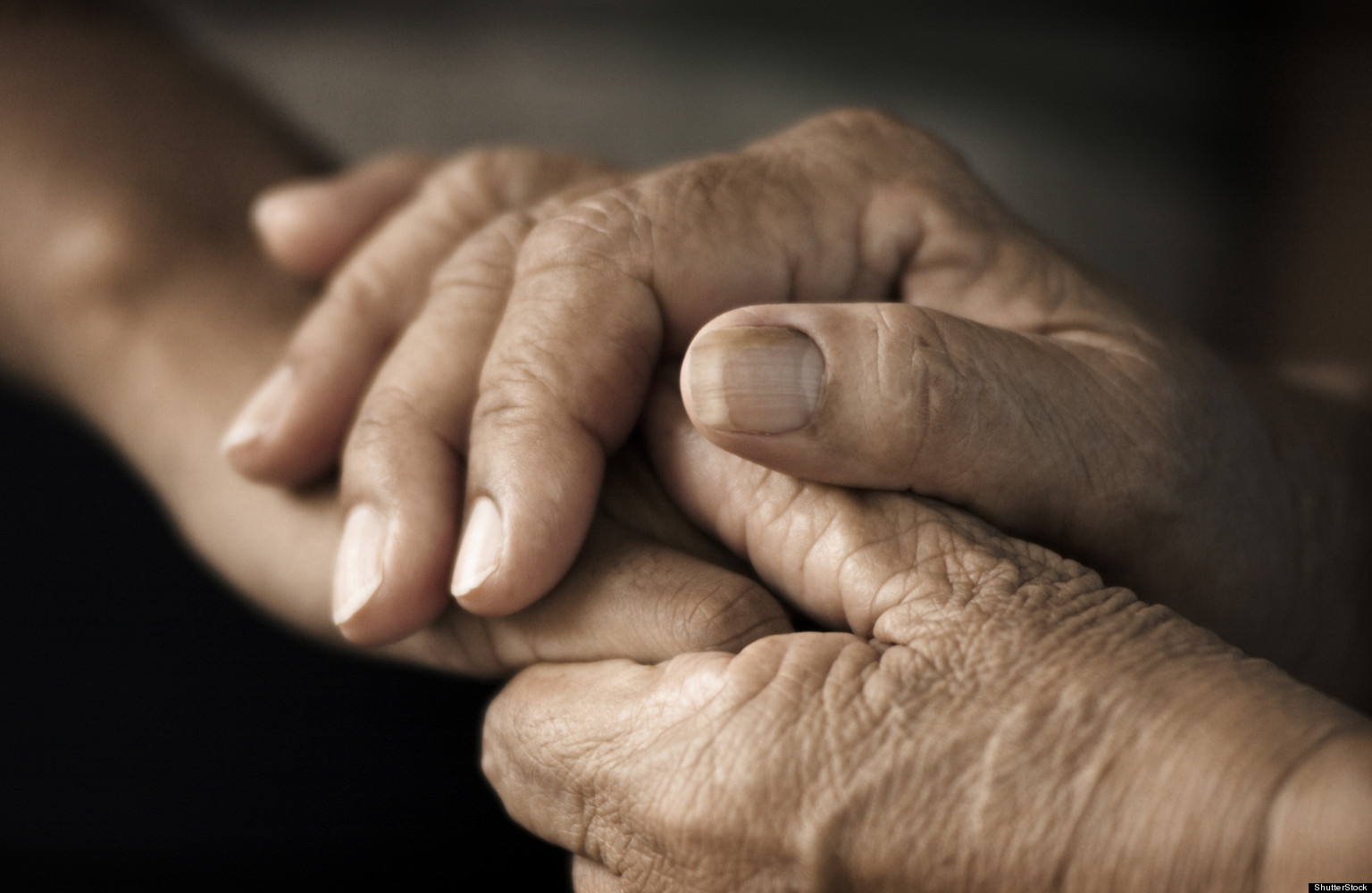|
Caring for Elderly Relatives at Home Here we provide some tips to help make this transition a safe and satisfying one for you and your loved ones.
It can be difficult when your parents or other relatives are starting to get older, especially if their health is declining and they can no longer live by themselves. In many cases, the best solution is the traditional one: seniors moving in with their younger family members. Here we provide some tips to help make this transition a safe and satisfying one for you and your loved ones. First of all, you need to figure out how much care your elderly loved one needs. Will he or she need regular trips to the doctor, visits from a nurse at home, or some other kind of assistance? Will they require round-the-clock care, and if so will your family be able to provide it? If you do need outside aid, there are services that can help you locate the best aged care providers for your specific situation. Even if your loved one is relatively healthy, moving in with you is likely to cause some issues. Especially if they are your parent, remember that it can be hard for them to adjust to the idea that they are now dependent on you instead of the other way around. For example, suppose that you and your elderly relative have different lifestyles. This could be anything from sleep cycles, level of noise, or how permissive you are with any children still living in your home. An active and independent senior may bristle a bit when reminded that they now live in your home, with the implication that they must obey your rules. It's interesting to note that while 51% of adults expressed willingness to let their parents move in, only 31% of seniors prefer that option. To some degree, you will need to compromise. It is okay to remind them about the other members of your family and their needs, but pick your battles; be forgiving of your elderly relative's foibles and try not to treat them like children. Another issue is money. Having a senior relative move in with you will usually be cheaper than an assisted care facility, but is still likely to put some strain on your budget. This is especially true if they are moving in due to poor health, of course, which can become more troublesome if you need to cut back on work hours to be there for them. Hopefully, whatever source of income your relative has can help cushion the burden; beyond that, it is entirely appropriate to ask other family members, such as siblings, to pitch in what they can. If your elderly relative is contributing, you may want to formalize the situation with a legal document called a Personal Care Agreement. If you have children or even pets, also realize that this situation is going to have an effect on them. They may be happy that Grandma is moving in, but since kids crave security, changes in your lifestyle are likely to disturb them. They may also be confused or scared by any health issues that they do not understand, so please go out of your way to explain the situation to them as best as possible. Sorting through your own feelings right now may be difficult, but make sure to help them adjust to the situation also. Having an elderly relative move in with you can be extremely rewarding, allowing you to make the most of these golden years with those whom you love. You just need to be prepared, think ahead and do everything that you can to make this easy for you, your beloved senior and the rest of your family. Add This Entry To Your CureZone Favorites! Print this pageEmail this page |
CureZone Newsletter is distributed in partnership with https://www.netatlantic.com
Contact Us - Advertise - Stats
0.078 sec, (2)
